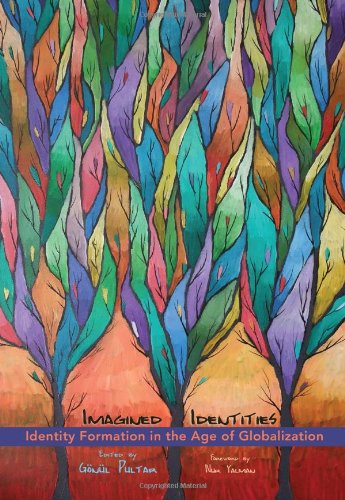

Most ebook files are in PDF format, so you can easily read them using various software such as Foxit Reader or directly on the Google Chrome browser.
Some ebook files are released by publishers in other formats such as .awz, .mobi, .epub, .fb2, etc. You may need to install specific software to read these formats on mobile/PC, such as Calibre.
Please read the tutorial at this link: https://ebookbell.com/faq
We offer FREE conversion to the popular formats you request; however, this may take some time. Therefore, right after payment, please email us, and we will try to provide the service as quickly as possible.
For some exceptional file formats or broken links (if any), please refrain from opening any disputes. Instead, email us first, and we will try to assist within a maximum of 6 hours.
EbookBell Team

4.3
98 reviewsThe volume comes at a most opportune moment, providing much-needed background information and insight into current events. The chapter on Odessa by Abel Polese analyzes the intricacies of Russian-Ukrainian relations, while the one by Luís Cláudio Villafañe G. Santos examines the complexities of being American. The chapter on the formation of statehood in India and Egypt by Samaa Gamie takes the reader to the sources of recent developments in those two countries, while Samer Abboud discusses the current political situation in Lebanon through a historical survey of Hizballah. Fouad N. Ibrahim and Barbara Ibrahim bring a different angle to the upheavals in the region with a chapter on the Christian Copts of Egypt.
Also of topical interest is the chapter by Pramod Nayar on the development of the transnational Indian novel, putting on stage an Eastern cultural parasite disrupting the postcolonial scene in the West. Dorothea Fischer-Hornung recounts how a popular Turkish-German tv series mirrors the present multicultural German society; Yiorgos Kalegoras discusses the significance of ethnic interface in the American entertainment industry; Gönül Pultar examines a cookbook-memoir to study the culture of the Armenians of Turkey and their place in that country; and Simona Sangiorgio revisits theme parks to question the way they may be reshaping identities.
Anna Roosvall surveys the Swedish press to discover the extent it acts as a flagship of the nation; Andrea Rosso Efthymiou goes back to the last days of the Ottoman empire to ponder, through a late twentieth-century novel, the identity of the individual “lost in transition” between empire and nation; Emil Nasritdinov and Kevin O'Connor wander into Central Asian open-air markets in Kyrgyzstan to encounter the differing attitudes of various ethnic groups in the post-Soviet period; and Timur Kozyrev suggests a pan-Turkic umbrella identity for newly-independent Turkic states left in ethnic chaos by Soviet policies. Finally, Grigol Ubiria finds his way around, and clarifies for the reader, novel and not so novel definitions of nation-state, national identity, and national culture in the age of globalization.